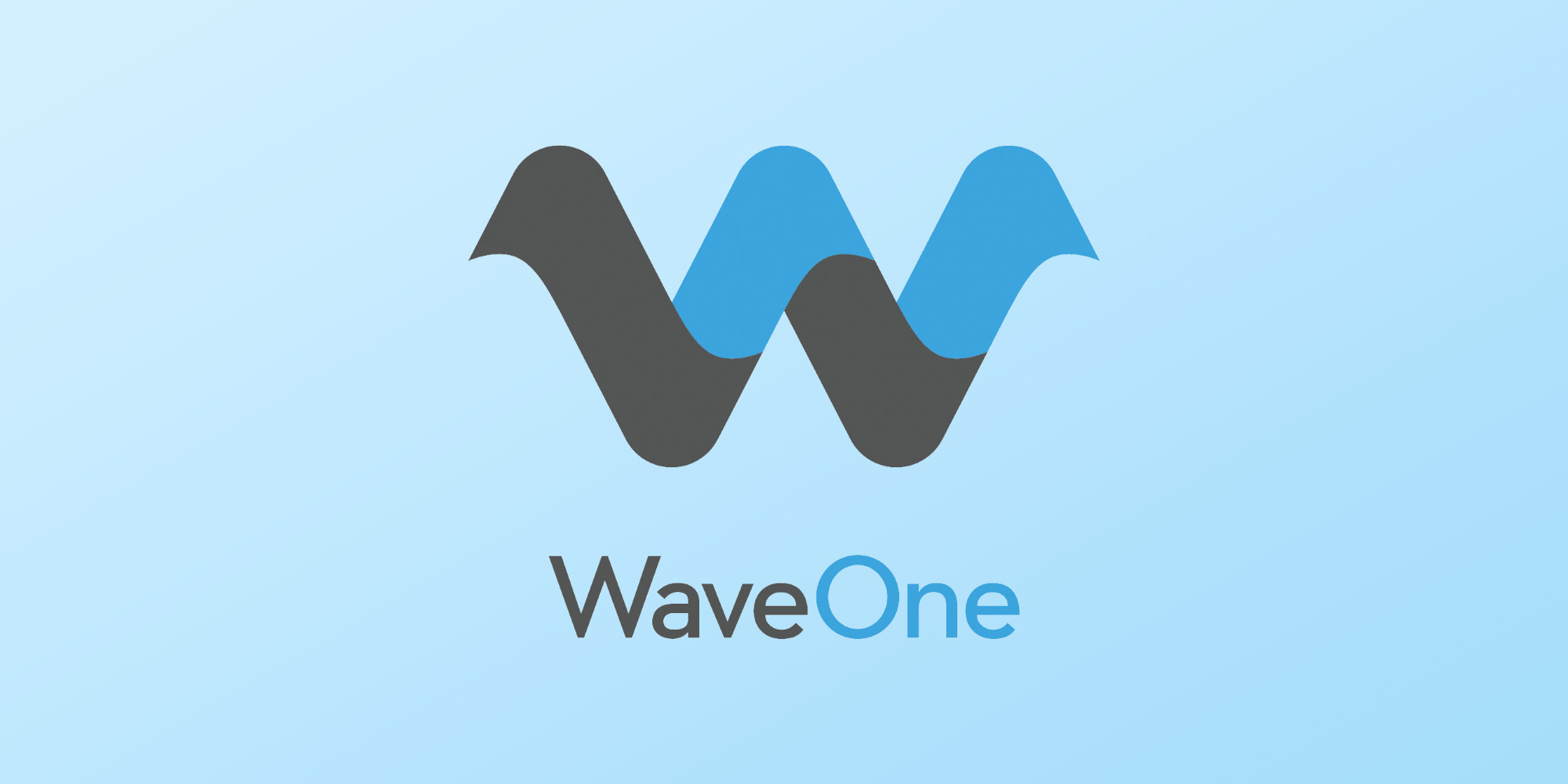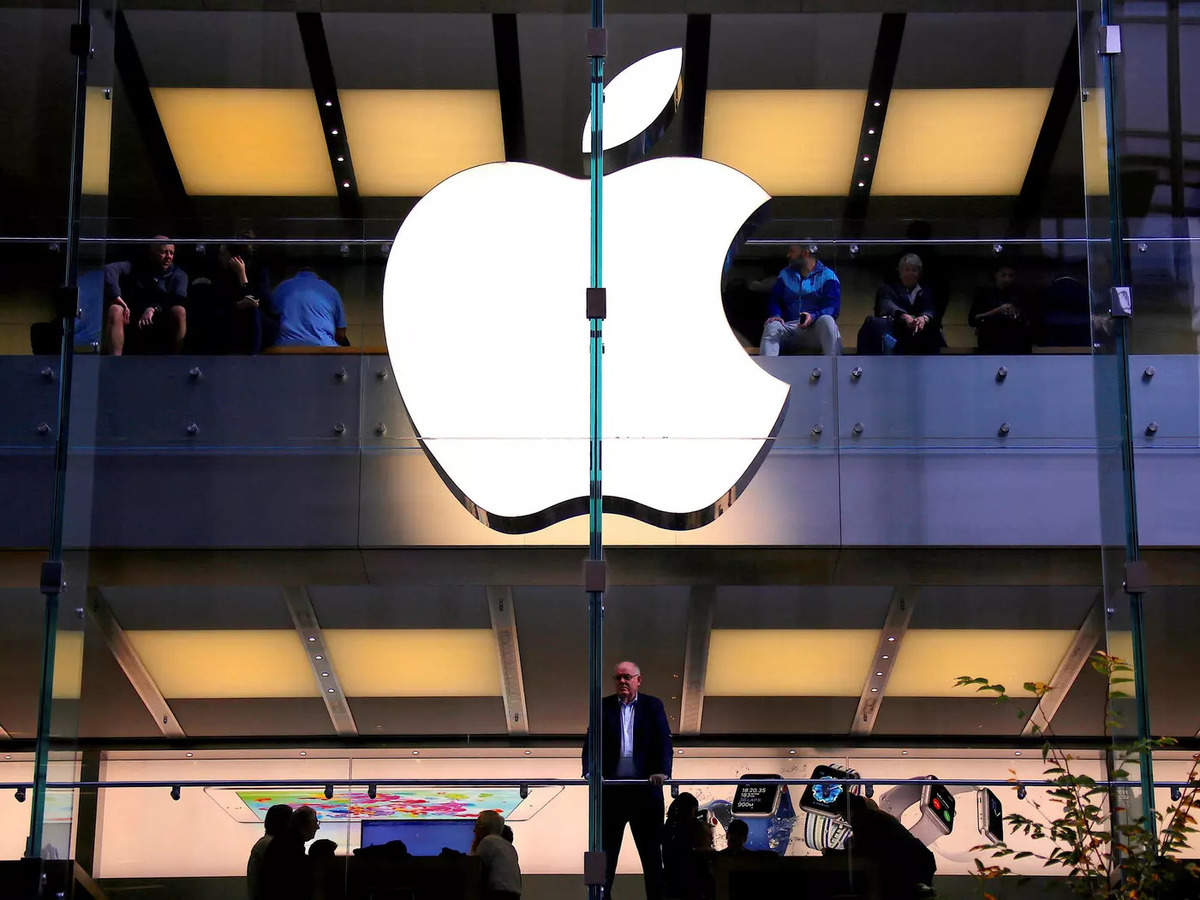Apple’s WaveOne Acquisition: A Game-Changer for Video Streaming?
Technology giant Apple has recently acquired WaveOne, a Mountain View-based startup that specializes in developing artificial intelligence (AI) algorithms for compressing video.
While Apple has not confirmed the acquisition, the shutdown of WaveOne’s website and the fact that several of its former employees have now joined Apple’s machine learning groups suggest that the deal has indeed been finalized.

WaveOne’s Journey and Apple’s Interest.
WaveOne’s head of sales and business development, Bob Stankosh, announced the sale of the company in a LinkedIn post a month ago. In his post, Stankosh shared that WaveOne had been in operation for almost two years before being acquired by Apple.
He highlighted the company’s focus on machine learning and deep learning video technology, noting its potential to change the world. According to Stankosh, Apple saw the same potential and took the opportunity to add it to its technology portfolio.
After working at WaveOne for over two years, we finally sold the business to Apple last week, according to Stankosh. “We began our adventure at WaveOne when we realized that deep learning video technology and machine learning may potentially transform the world. Apple seized the chance to expand its technological offerings when it recognized this possibility.
WaveOne’s AI Algorithms for Video Compression.
WaveOne’s expertise lies in developing AI algorithms for compressing video. The startup’s technology utilizes AI and deep learning to improve video compression and reduce its size without sacrificing quality.
WaveOne’s algorithms can compress videos without causing a loss of detail, making it possible to store and transmit videos with a smaller file size. This technology can be particularly useful for streaming video content, where smaller file sizes can help reduce buffering and improve the overall user experience.
Lubomir Bourdev and Oren Rippel established WaveOne in 2016 with the goal of transforming the antiquated paradigm of video codecs into an AI-powered system. Before starting at Meta, Bourdev worked in the company’s artificial intelligence research section, and he and Rippel both worked on the Meta computer vision team, which was in charge of Facebook’s content moderation, visual search, and feed ranking.
When it comes to common video compression and decompression methods, the compression takes place on the servers of the content provider (like YouTube), while the decompression is handled by the computers of the end users. Although it’s a good strategy, advancements are difficult to spread since new codecs need technology designed to speed up compression or decompression.
The key advancement made by WaveOne was a “content-aware” video compression and decompression technique that could be utilized by Computers, smartphones, and an increasing number of tablets with AI accelerators. The startup’s technology could essentially “understand” a video frame by utilizing AI-powered scene and object detection, which allowed it to, for example, prioritize faces over other scene features to conserve data.

Moreover, WaveOne asserted that its video compression technology was resistant to unanticipated connectivity outages. The movie wouldn’t freeze when bandwidth suddenly became limited since it could make a “best guess” based on the bits it had available. Instead, it would display less information for the time.
WaveOne asserted that its method, which was independent of technology, could cut the size of video files in half, with more significant improvements in more complicated scenarios.
Evidently, investors recognized the potential. WaveOne received $9 million in funding from investors, including Khosla Ventures, Vela Partners, Incubate Fund, Omega Venture Partners, and Blue Ivy, before the Apple acquisition.
What could Apple hope to achieve with an AI-powered video codec? Clearly, more effective streaming is the obvious solution. Depending on the sort of streaming content being used, even slight advancements in video compression could reduce bandwidth costs or allow services like Apple TV+ to deliver greater resolutions and framerates.
YouTube already carries out this. YouTube’s data requirements dropped by 4% due to Alphabet’s DeepMind’s adaptation of a machine learning algorithm initially created to play board games to the challenge of compressing YouTube videos. Hopefully, the WaveOne team, owned by Apple, will soon produce advancements similar to these.
Given that the tech giant currently provides several video streaming services, like Apple TV+, the acquisition can be seen as an easy move for Apple. Apple could be able to deliver greater resolutions and frame rates or reduce bandwidth costs with even modest advances in video compression.
After Alphabet’s DeepMind’s use of AI to create a machine learning algorithm to compress YouTube videos, which resulted in a 4% reduction in the amount of data the video-sharing service needs to broadcast to users, Apple has acquired WaveOne. The technology offered by WaveOne is an illustration of how AI may increase the effectiveness of video streaming.
Artificial intelligence-powered scene and object detection can enable the algorithm to generate a “best guess” based on the video data that is currently available, ensuring that sudden connectivity outages do not degrade the streaming quality. Apple’s purchase of WaveOne is evidence that the tech behemoth is still making investments in AI and machine learning to boost the effectiveness of its services.
WaveOne’s AI Algorithms for Video Compression.
WaveOne’s expertise lies in developing AI algorithms for compressing video. The startup’s technology utilizes AI and deep learning to improve video compression and reduce its size without sacrificing quality. WaveOne’s algorithms can compress videos without causing a loss of detail, making it possible to store and transmit videos with a smaller file size. This technology can be beneficial for streaming video content, where smaller file sizes can help reduce buffering and improve the overall user experience.
Apple’s AI Investments and the Future of Video Technology.
Apple’s acquisition of WaveOne is just the latest example of the company’s ongoing investments in AI and machine learning technology. Apple has been acquiring smaller companies specialising in AI and machine learning for several years now.
These acquisitions have helped the company develop new features and services that rely on these technologies. For instance, Apple’s virtual assistant Siri, which is powered by AI, has become an integral part of the company’s ecosystem.

With its acquisition of WaveOne, Apple is likely to further enhance its capabilities in the field of video technology. Apple is known for its focus on user experience, and video compression is an essential aspect of ensuring that users can enjoy high-quality video content without experiencing buffering or other issues. By leveraging WaveOne’s technology, Apple may improve the compression of its video content and enhance the user experience across its devices.
Conclusion
Apple’s acquisition of WaveOne represents a significant investment in AI and machine learning technology. With its expertise in video compression, WaveOne could help Apple enhance its video technology and improve the user experience for its customers.
While Apple has not confirmed the acquisition, the fact that several former WaveOne employees have now joined Apple’s machine learning groups suggests that the deal is likely to have been finalized. As video content continues to grow in popularity, the importance of video compression is only set to increase, and Apple’s investment in this technology will likely pay off in the coming years.
Edited by Prakriti Arora



